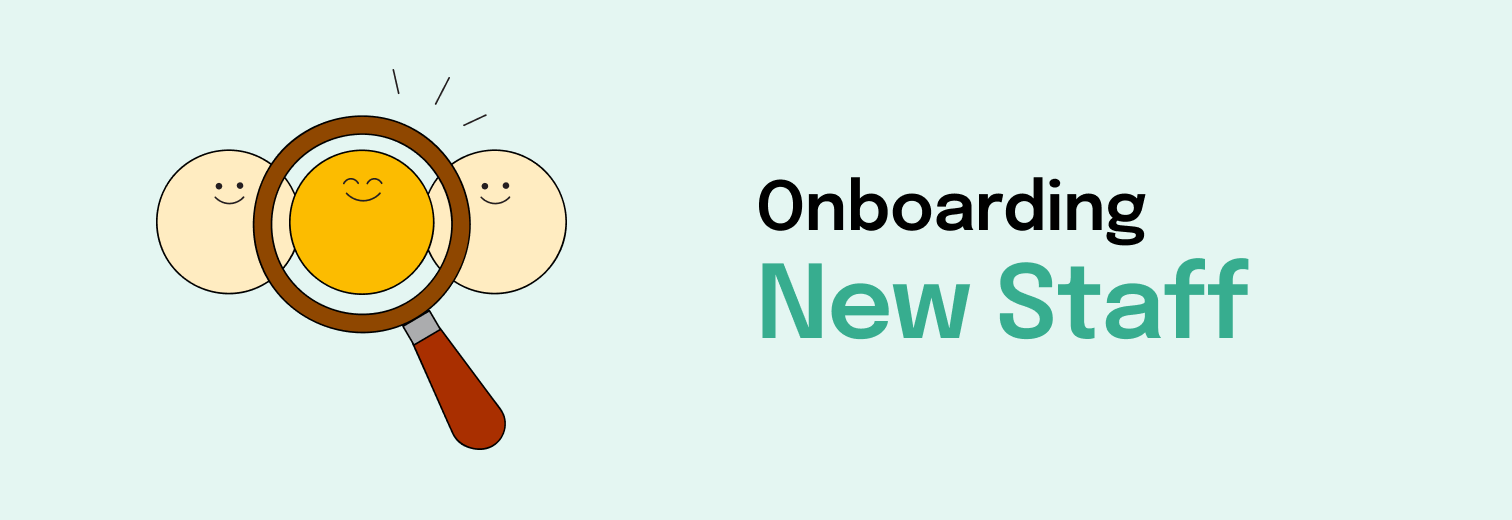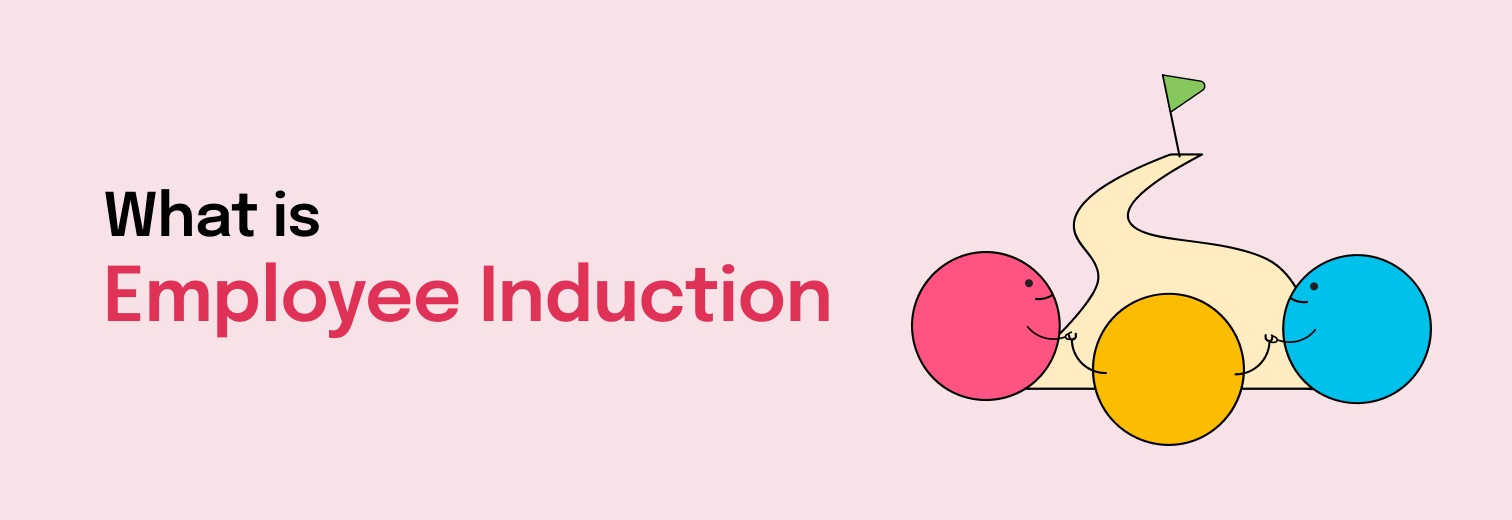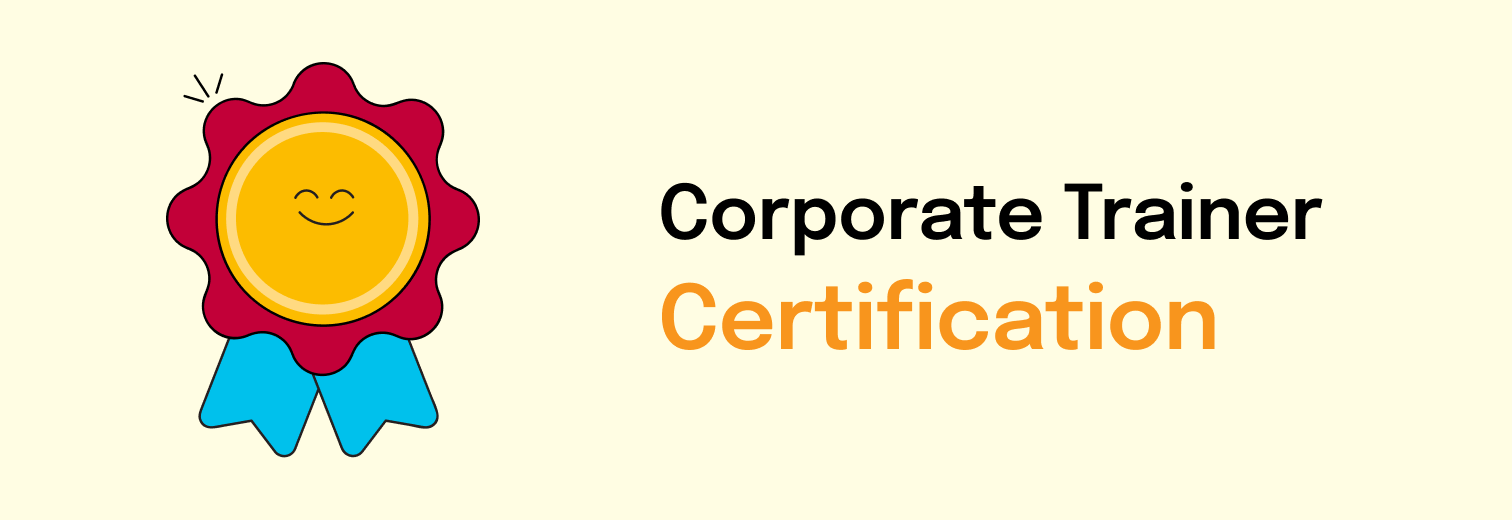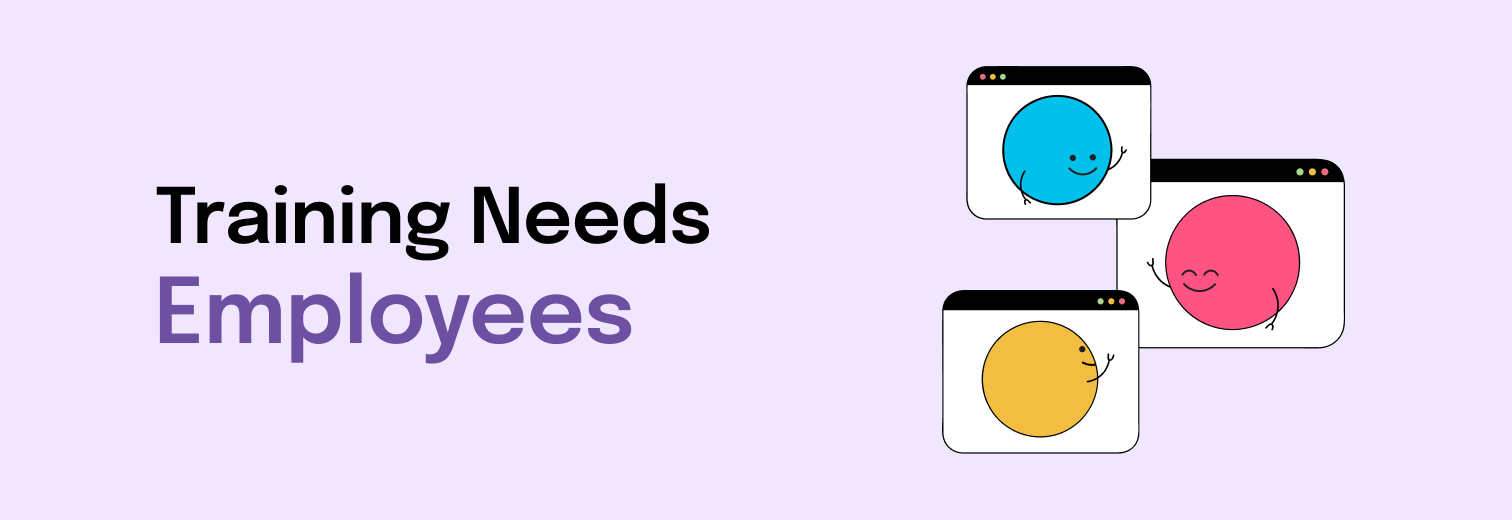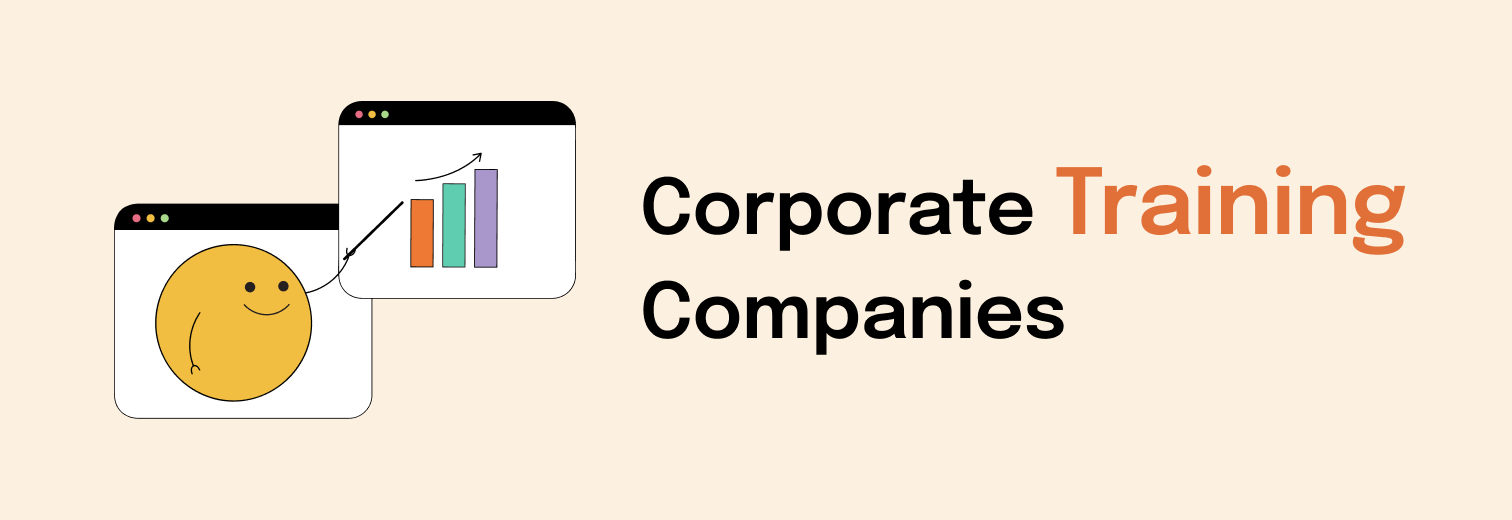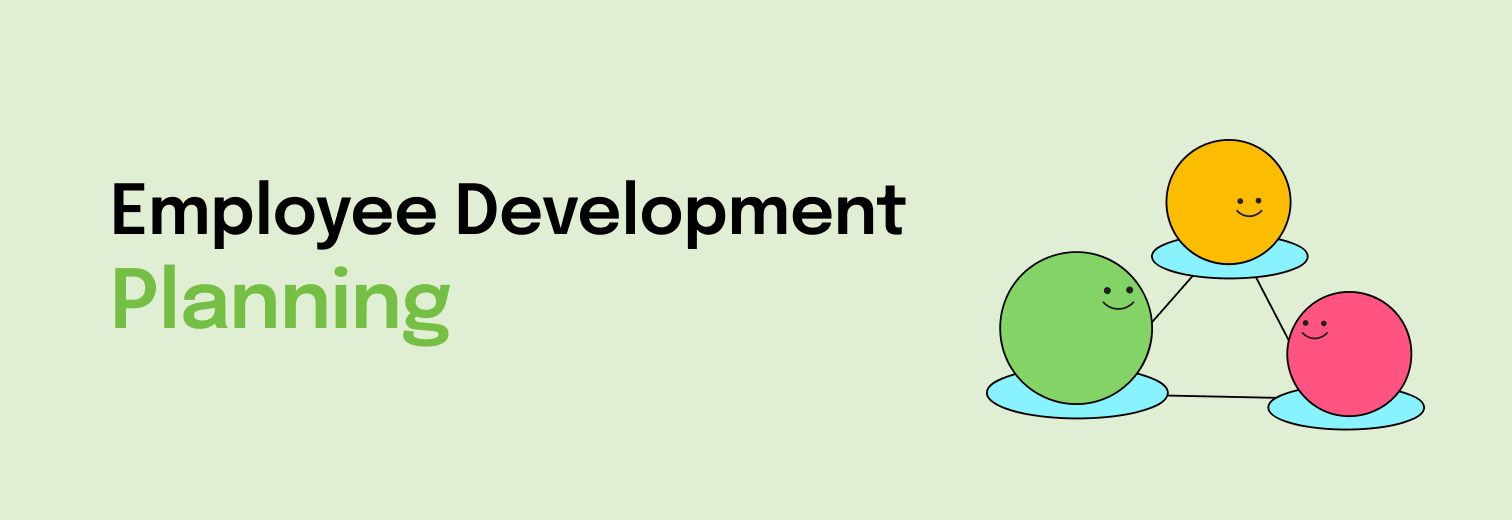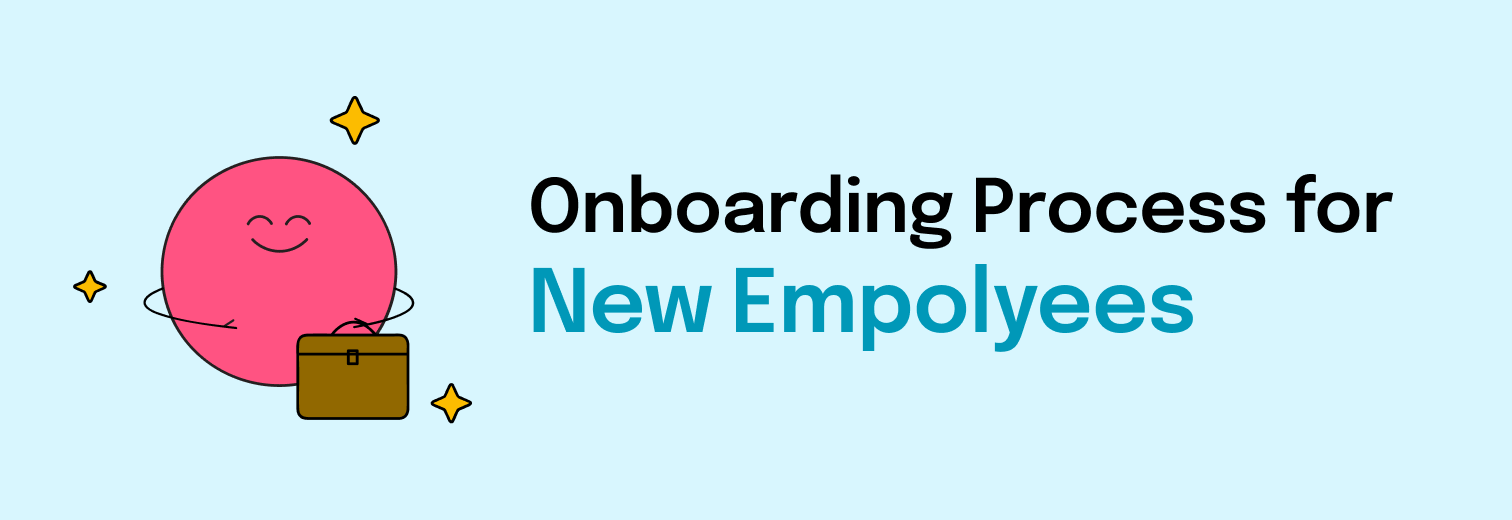Comprehensive Guide to Employee Mental Health Support and Programs
In today’s fast-paced work environments, mental health is becoming a critical concern for both employees and employers. Organizations that prioritize mental well-being see higher productivity, better morale, and reduced absenteeism. To support this, employers must offer effective employee mental health support, training, and services that address the unique challenges their workforce faces. Here’s an in-depth look at how organizations can support mental health in the workplace and the essential programs they can implement.
Employee Mental Health Support: The Foundation of a Healthy Workplace
Table of Contents
Effective employee mental health support begins with understanding that mental well-being is as crucial as physical health. Many employees deal with stress, anxiety, depression, and other mental health challenges that affect their performance, productivity, and overall job satisfaction. By fostering a supportive work environment, companies can help employees feel valued and cared for.
Key elements of employee mental health support include:
- Creating Open Dialogue: Encourage discussions about mental health and create an environment where employees feel safe sharing their challenges.
- Offering Access to Resources: Providing access to mental health services, such as counseling or Employee Assistance Programs (EAPs), can make a significant difference.
- Flexible Work Options: Supporting a healthy work-life balance through flexible hours, remote working, or mental health days can alleviate stress and prevent burnout.
Employee Mental Health Services: What Should Employers Provide?
Offering employee mental health services is a proactive way for companies to support their workforce. These services can include a variety of programs aimed at promoting mental health and well-being.
Common employee mental health services include:
- Counseling and Therapy: On-site or online therapy options that allow employees to speak confidentially with professionals.
- Employee Assistance Programs (EAPs): A widely used service that provides employees with access to counseling, legal aid, and mental health professionals.
- Mental Health Hotlines: Immediate access to support for employees in crisis.
- Wellness Programs: Initiatives that focus on mindfulness, stress reduction, yoga, or meditation can play a crucial role in promoting mental health.
- Workshops and Seminars: Regular sessions on stress management, resilience, and work-life balance can raise awareness and provide employees with actionable tools.
Employee Mental Health Training: Equipping Managers and Employees
Employee mental health training is essential for both managers and employees to understand how to address mental health challenges effectively. Training helps managers identify signs of mental health issues and provides strategies to intervene before problems escalate. For employees, training helps in building emotional intelligence, resilience, and coping mechanisms.
Key areas covered in mental health training include:
- Recognizing Signs of Mental Health Struggles: Managers and team leaders need to be trained to spot early warning signs like withdrawal, decreased productivity, or sudden mood changes.
- Providing Support: Training should teach managers how to offer help without overstepping or being intrusive.
- Developing Coping Strategies: Employees should be trained in stress management, mindfulness, and maintaining work-life balance.
- Reducing Stigma: Awareness sessions should aim to eliminate the stigma associated with mental health issues and encourage employees to seek help when needed.
Employee Mental Health Programs: Structured Support for Long-Term Well-Being
A comprehensive employee mental health program involves ongoing, structured initiatives that promote well-being throughout the year. These programs can range from offering regular mental health check-ins to creating a workplace culture that actively supports mental health initiatives.
Examples of employee mental health programs include:
- Mental Health Days: Offering designated days off for mental health can help employees recharge and prevent burnout.
- Regular Check-Ins: Scheduling routine mental health check-ins between employees and managers to address any concerns.
- Peer Support Networks: Encouraging employees to create peer support groups where they can openly discuss mental health challenges.
- Mindfulness and Meditation Programs: Introducing mindfulness techniques to reduce stress and improve focus.
- Annual Wellness Weeks: Dedicating a week to mental and physical wellness activities, such as workshops, exercise sessions, and motivational talks.
Tips for Supporting Employee Mental Health
Supporting employee mental health doesn’t have to be complex. Here are some employee mental health tips to create a healthier workplace:
- Encourage Breaks: Promote regular short breaks throughout the day to reduce stress and boost productivity.
- Normalize Mental Health Days: Make it acceptable for employees to take time off for mental health without feeling judged.
- Promote a Healthy Work-Life Balance: Encourage employees to set boundaries between work and personal life to prevent burnout.
- Implement Clear Communication Channels: Create open lines of communication where employees can discuss their concerns without fear.
- Offer Mental Health Resources: Provide employees with a directory of mental health resources, including counseling services and wellness apps.
Conclusion
Prioritizing employee mental health support is essential for creating a productive, motivated, and happy workforce. By providing access to employee mental health services, offering training to equip managers and employees, and implementing comprehensive mental health programs, companies can foster a work environment that supports the well-being of all team members. Investing in mental health initiatives is not only ethical but also leads to improved employee retention, higher morale, and a more engaged workforce.


